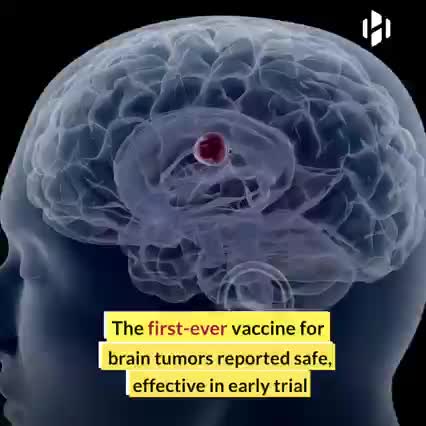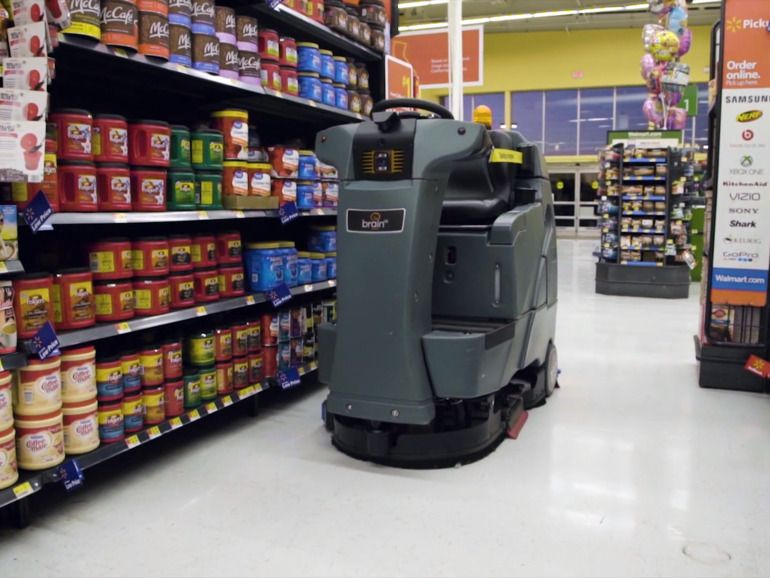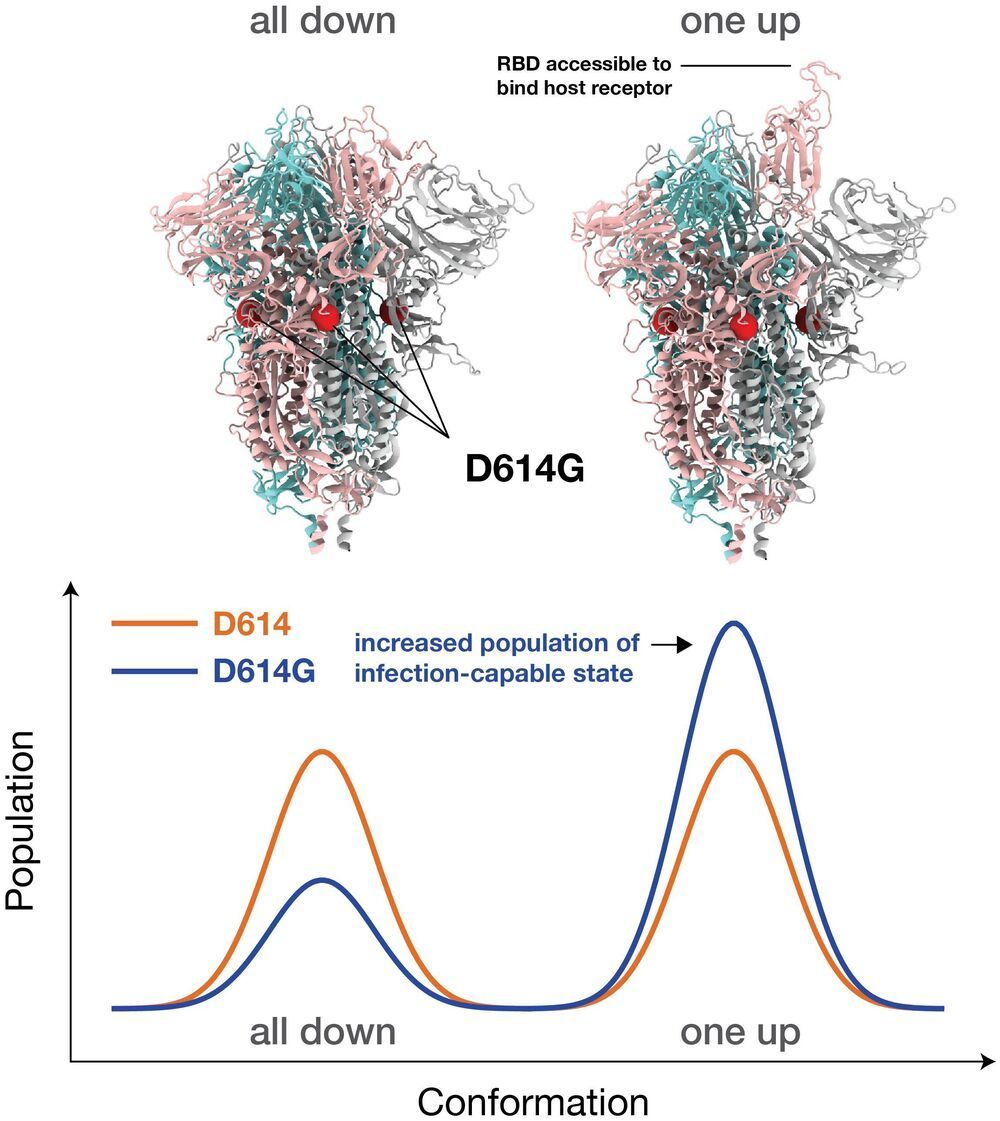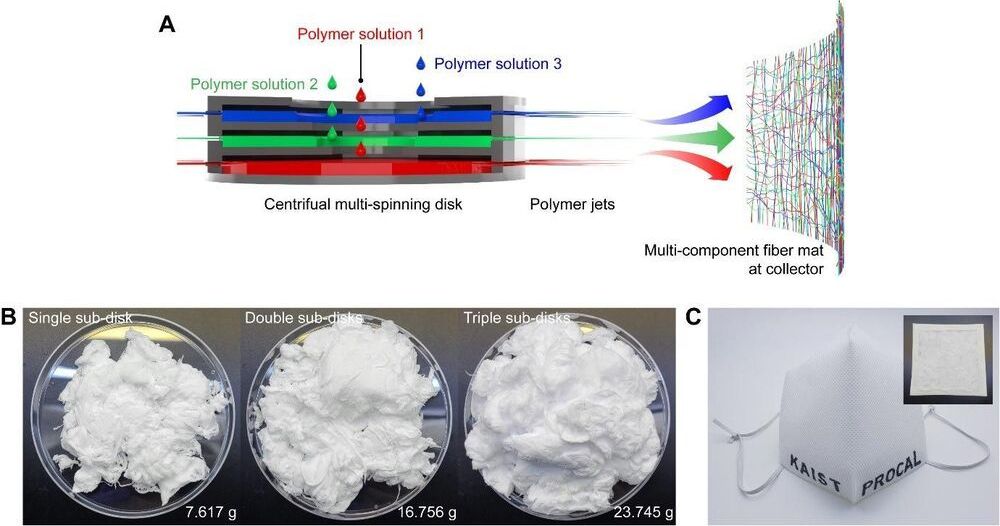Apr 17, 2021
Dr. Peter Hotez: ‘The FDA and CDC really had no choice’ but to pause Johnson & Johnson vaccine
Posted by Poopeh Morakkabati in category: biotech/medical
Dr. Peter Hotez, co-director of the Texas Children’s Hospital Center for Vaccine Development and dean of the National School of Tropical Medicine, joins Ali Velshi to discuss the “pause” on the Johnson & Johnson vaccine in the United States after the discovery of 6 rare cases of blood clotting in women who were immunized with the shot. The goal, says Hotez, is to identify a specific group who might be at higher risk, and that requires a little time. “Even though the U.S. Has other options, many countries don’t. For many countries, all they have are the J & J, AstraZeneca vaccine and the Russian Sputnik V vaccine,” all of which are non-mNRA and have the potential to behave similarly. Says Hotez, “It is critical to sort this out not only to protect American citizens, but to protect the world.”


















